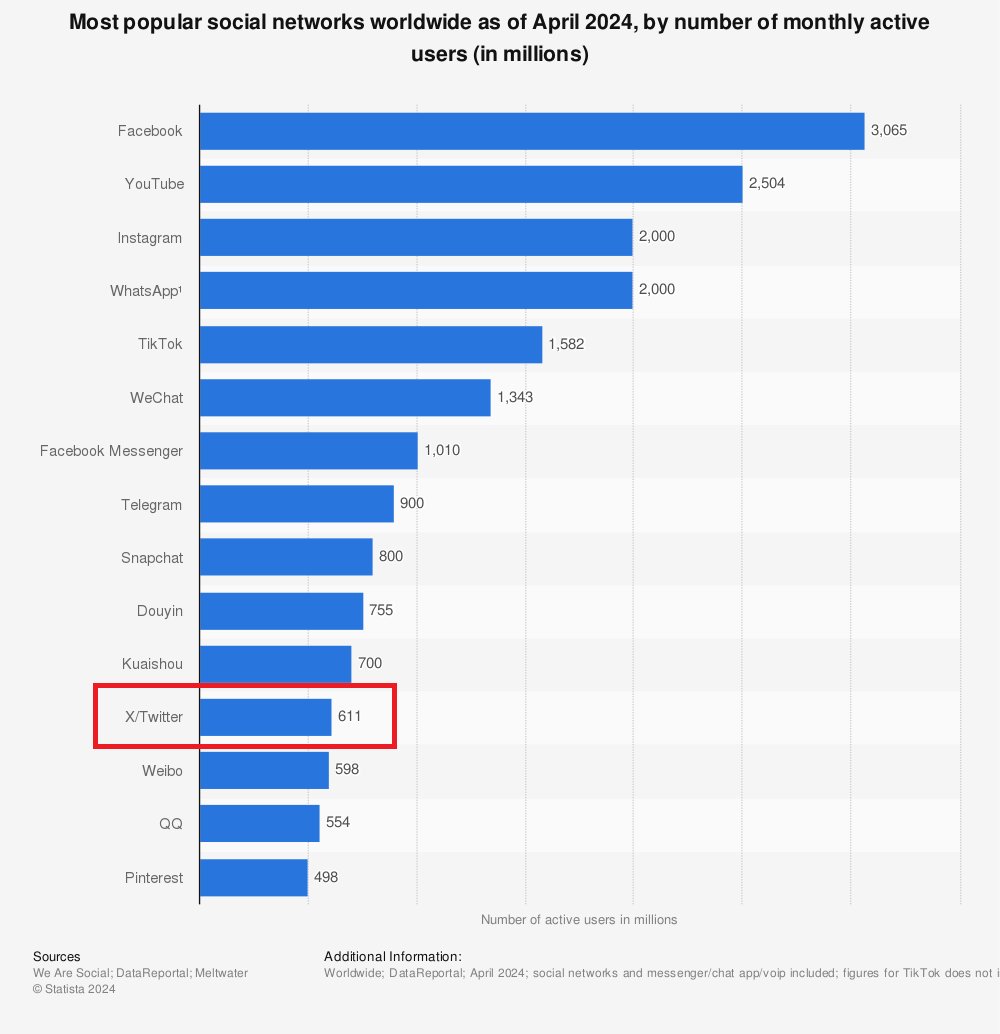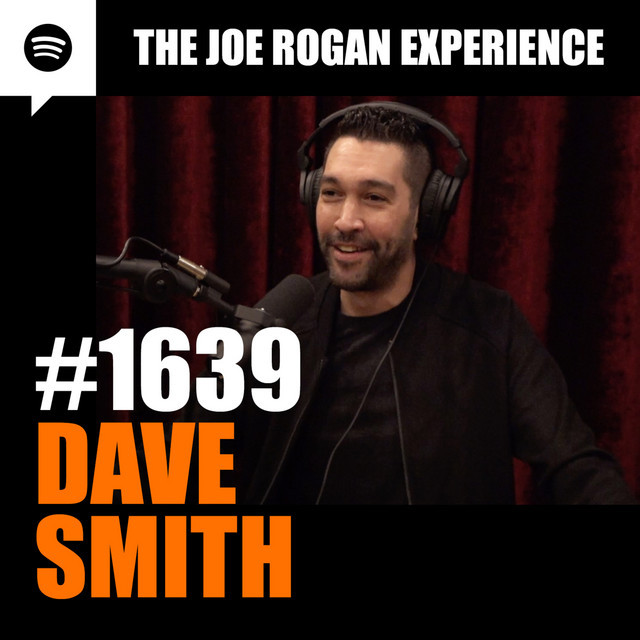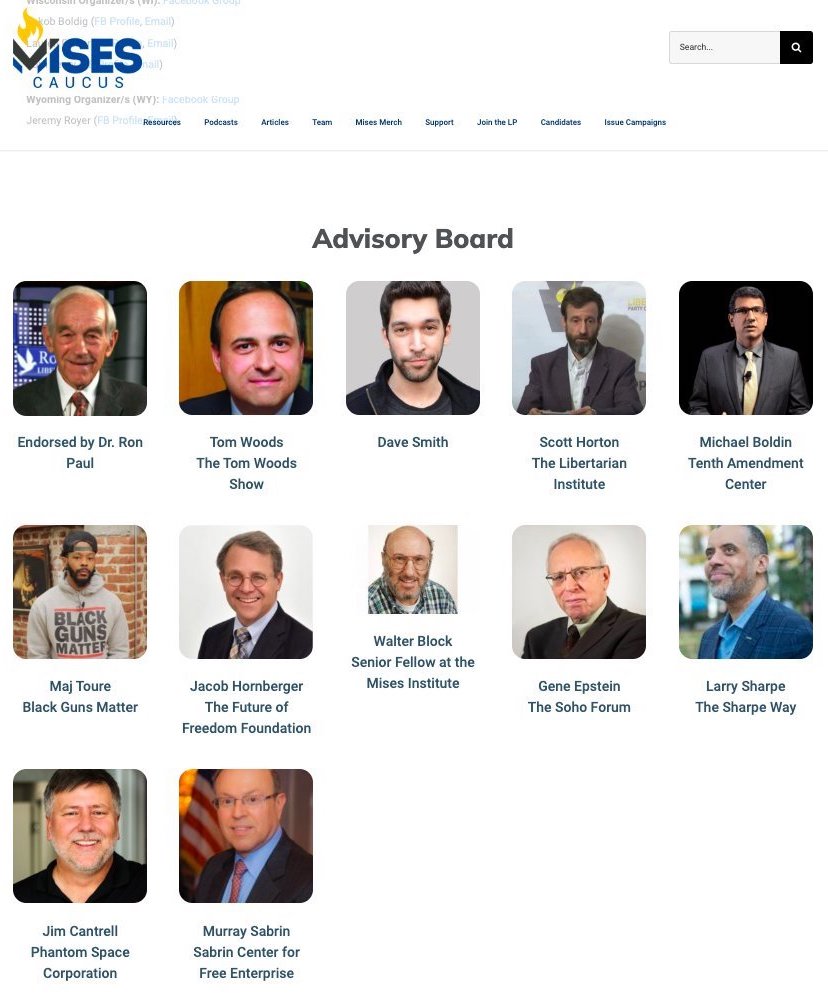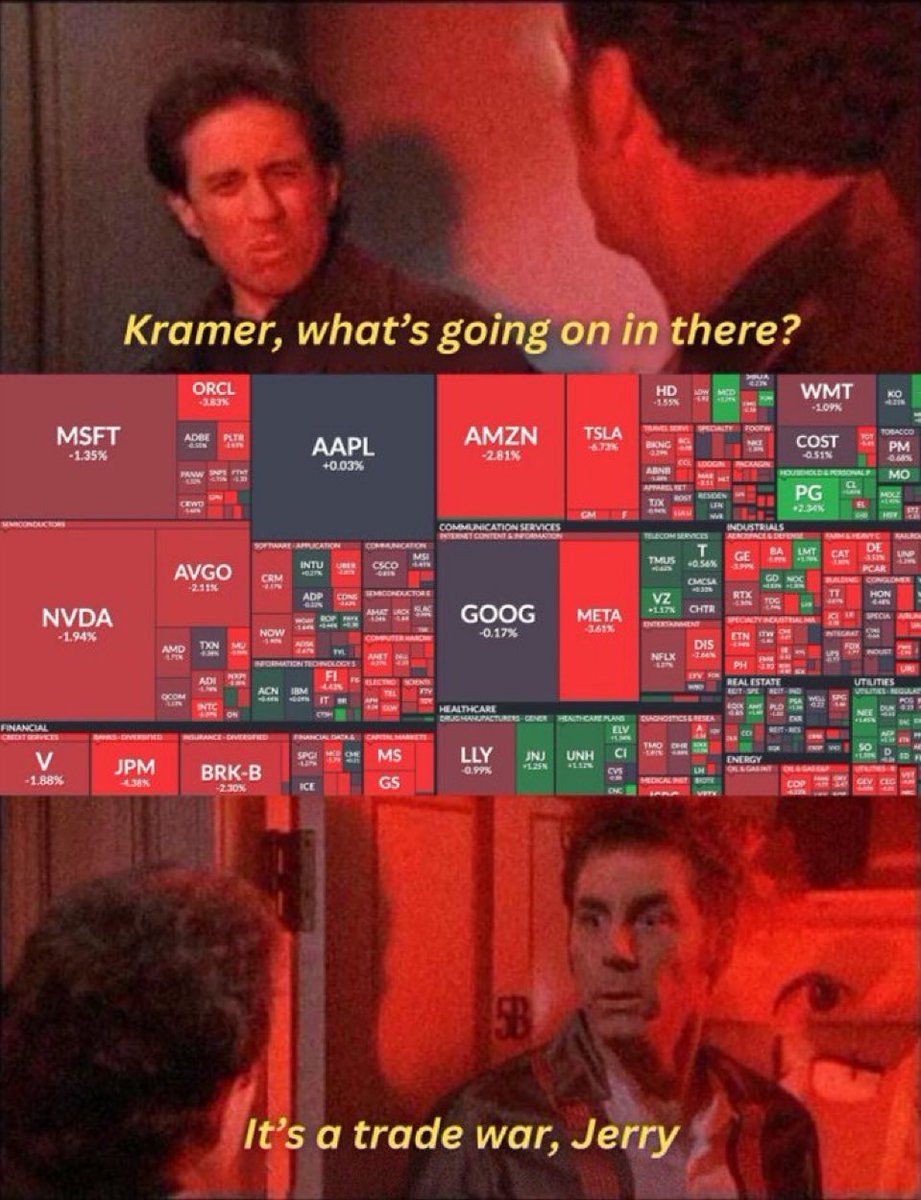In today’s Vatnik Soup, I’ll discuss the state of X in May 2025. Since its acquisition by Elon Musk, this platform has rapidly transformed into his personal political tool and a breeding ground for hate speech and disinformation.
1/22
1/22

Not everyone is following this shitshow as closely as I am, so I thought it would be good to write a summary of all the changes that have happened on this forum and outside of it. These changes have drastically changed how the platform operates and who gets “a voice” here.
2/22

2/22


Elon’s team has been tweaking the algorithm many times after the takeover. One of these tweaks happened already around Nov 2022, when the platform heavily suppressed the visibility of pro-Ukraine accounts. This change was then noticed & reported by many pro-Ukraine accounts.
3/22

3/22


Today, repeated ToS violations don’t result in permanent suspension anymore. However, the platform minimizes the visibility of accounts Elon disfavors instead, which is basically the same thing - you can write as much as you like, but no one will see you.
4/22

4/22


And of course the censorship is still there, Elon just doesn’t like to talk about it. It happens in countries like Turkey, India and Saudi Arabia. As a matter of fact, Musk’s X has complied with more government requests to take down content than Twitter ever did.
5/22



5/22




Musk recently announced that in the near future there will be an algorithm update, and that the platform will prioritize “positive” and “informative“ content. On 3 May 2025, the algorithm was replaced with ”a lightweight version of @Grok," with some promised improvements.
6/22


6/22



According to X developer @TheGregYang, people should see less “slop” in their timelines after the update, and the recommendation algorithm should surface content “more relevant” to their interests. The update has led many accounts to complain about reduced reach.
7/22
7/22

But what is a recommendation algorithm? This algorithm powers your social media feed — it analyzes what you watch, like, and share to suggest content and accounts you might enjoy. It’s like a digital curator, learning your habits to keep you longer on the platform.
8/22

8/22


In algorithm studies, researchers often perform so-called “cold start” tests, meaning what the algorithm offers to a new account they know nothing about. Cold start problem, offering meaningful content to new users, has been one of the most studied topics in algorithms.
9/22

9/22


For example in 2021, Facebook whistleblower Frances Haugen published Meta’s internal reports that showed a massive problem with new users - they were quickly served with violence and gore, anti-Muslim rhetoric and disinformation. Zuckerberg knew this, yet did nothing.
10/22

10/22


But what about X? The problem is even worse. When creating a new account, X suggests you some accounts to follow. Besides Jackson Hinkle and J.K. Rowling, all the recommended accounts were large MAGA influencers who constantly spread both false information and “slop”.
11/22



11/22




And following these recommended accounts, the platform immediately creates an effective rabbit hole - once you follow any of these conspiracy theorists and disinformation peddlers, the algorithm will start offering you more of a similar type of content.
12/22

12/22


And since the platform’s owner also promotes questionable content, there has been a massive surge in engagement farming accounts, especially around MAGA & the topic of islamisation of Europe. The most notable examples of this is @RadioGenoa, who today has several copycats.
13/22


13/22



Most of these engagement farming accounts—like “Donald Trump Update”, “JD Vance News”, and others — are run by small groups or individuals in India. While most of their content focuses on the US, they occasionally slip in some pro-India posts.
14/22



14/22




And the reason for choosing these topics is simple: they have the highest chance of being shared by some of the bigger accounts, especially by gullible Elon. Like his baby mamas, these accounts have garnered massive followings thanks to retweets by the platform’s owner.
15/22



15/22




A single post with millions of impressions can be worth $30–40, which is a solid daily income for many in India. These accounts also often restrict comments to verified users, since only those comments contribute to their ad revenue share.
16/22
16/22

These people likely have zero genuine interest in American politics, but they’ll still post whatever controversial nonsense gets attention—because that’s what makes them money. A significant portion of their following is often inflated by bot farms, too.
17/22
17/22

And still, there is no downside to making shit up or spreading disinformation. Due to the sheer volume of disinformation on X, posts rarely get community noted, and even if they do, this has no downside for the account - it might actually bring in new followers.
18/22



18/22




Interestingly, the great people from xAI (Elon’s AI company) tried to train Grok to “appeal to the right,” a fact that was exposed by Grok itself. Grok’s focus on “truth over ideology” made plenty of MAGA followers mad, as this clashed with their cult’s views.
19/22

19/22


Personally, I feel like the algorithm change had mostly a negative effect: content from engagement farmers like Alex Jones, Saurabh Chandrakar AKA Inevitable West, and Gunther Eagleman still have massive reach, whereas high-quality creators see their numbers going down.
20/22


20/22



Overall, larger accounts are experiencing lower engagement across the board. This has made some grifter accounts — like @stillgray and @catturd2 — extremely bitter, as they’re now earning significantly less ad share revenue than before.
21/22


21/22



To conclude, the latest X algorithm update didn’t really affect engagement and rage farming, which are still viable monetization strategies on this platform. Meanwhile, Elon himself keeps promoting many of these accounts, providing them with badly needed extra income.
22/22
22/22

The 2nd edition of “Vatnik Soup — The Ultimate Guide to Russian Disinformation” is officially out!
You can order your copy here:
kleart.eu/webshop/p/vatn…
You can order your copy here:
kleart.eu/webshop/p/vatn…
• • •
Missing some Tweet in this thread? You can try to
force a refresh

































